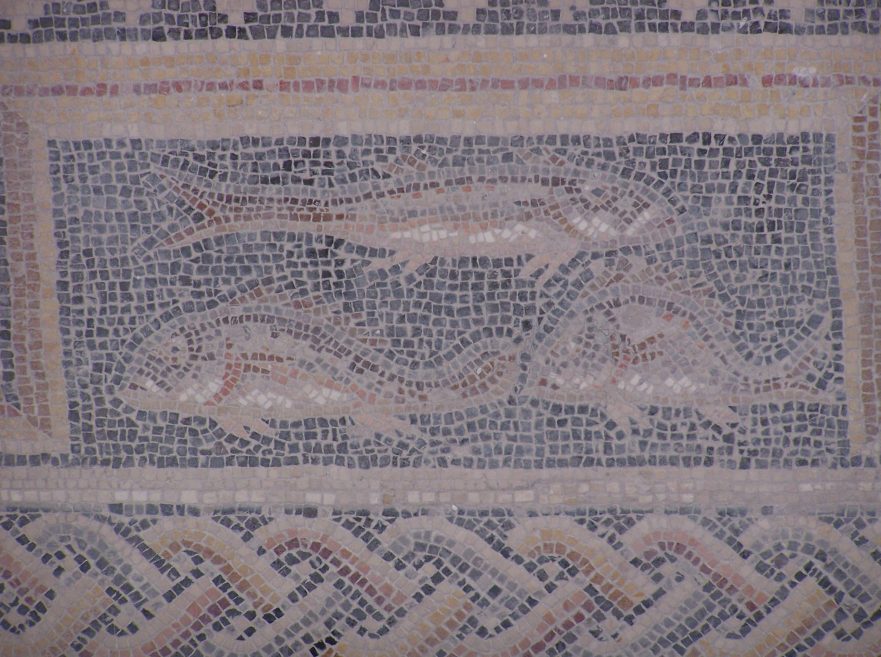In the previous article of this series Halvor Ronning examined the statistics of verbal identities involved in comparisons between materials shared by all three Synoptic Gospels (Triple Tradition). Now in Part Two Ronning will bring into consideration the statistics pertaining to materials shared in only two Synoptic Gospels (Double Tradition). Ronning wiargues that the consistency with which an author treats his sources is a major clue for determining the order of Synoptic dependence.
A Statistical Approach to the Synoptic Problem: Part 1—Triple Tradition

“A Statistical Approach to the Synoptic Problem,” a new series on Jerusalem Perspective by Jerusalem School of Synoptic Research member Halvor Ronning, aims to contribute to the body of empirical data that must be accounted for by any viable theory that attempts to describe the interrelationships between the Synoptic Gospels. To that end, Halvor Ronning has developed and adapted several new methods of quantifying and testing synoptic hypotheses which will be described and applied in “A Statistical Approach to to the Synoptic Problem.”
The Origin of the Gospels

The July issue of The Church Quarterly Review in 1922 contained an article by William Lockton in which the author challenged the scholarly consensus concerning the solution to the Synoptic Problem. This important study, which is now in the public domain, was later to be of great importance to Rev. Dr. Robert L. Lindsey as further confirmation of Lindsey’s growing conviction that the Gospel of Mark is a highly edited epitome of the Gospel of Luke.
The Major Importance of the “Minor” Agreements

In this article, Dr. Robert Lindsey discusses the importance of the so-called “minor agreements” of Luke and Matthew against Mark for properly understanding the interrelationship of the Synoptic Gospels. David N. Bivin and Joshua N. Tilton collaborated with Lauren Asperschlager to bring this article, which previously existed only as an unfinished draft, to Jerusalem Perspective subscribers.
The Hebrew Life of Jesus
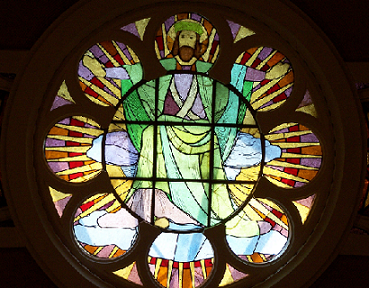
Despite the popularity of the modern suggestion that the Synoptic Gospels are the end result of several decades of oral transmission, the internal evidence indicates that this is not the case. Dozens of pericopae in Matthew and Luke translate to Hebrew so easily and so idiomatically that we must conclude that the Synoptic Gospels are the result of literary transmission.
Introduction to A Hebrew Translation of the Gospel of Mark

Jerusalem Perspective presents a newly revised version of Robert Lindsey’s groundbreaking essay on the Synoptic Problem, which served as an introduction to his Hebrew Translation of the Gospel of Mark.
My Search for the Synoptic Problem’s Solution (1959-1969)

As a consequence of my endeavor to produce a Modern Hebrew translation of the Gospel of Mark I began to develop a different picture of the interrelationship of the Synoptic Gospels than that which is espoused by most New Testament scholars.
Measuring the Disparity Between Matthew, Mark and Luke

A solution to the synoptic problem involves, among other things, the measurement of the disparity we find between parallel texts in Matthew, Mark and Luke.
Preparations for Eating the Passover Lamb
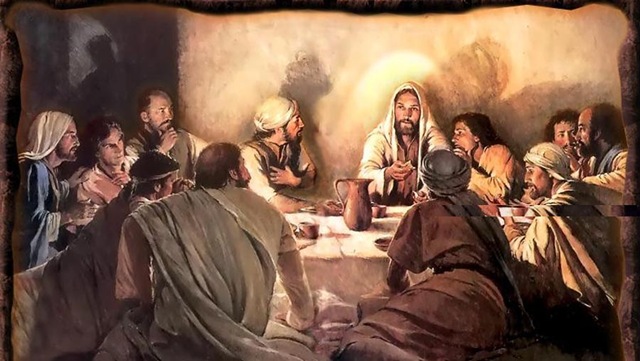
Careful analysis shows that a Hebraic source ultimately stands behind the Synoptic Gospels and that this source is best preserved in Luke. Luke’s version of the Preparations for Eating Passover Lamb preserves details—such as Jesus taking the initiative to send the two disciples, commanding the disciples to prepare the lamb, and using Hebraic idiom—that fit the cultural context of first-century Judaism.
Evidence of an Editor’s Hand in Two Instances of Mark’s Account of Jesus’ Last Week?
It has been noted that in instances where Mark’s editorial hand restructured his story, Luke has preserved a more primitive form of the account, a form that is independent of Mark’s influence. Gospel scholars need to properly evaluate Mark’s editorial style and acknowledge that frequently a theological agenda influenced his rewriting.
“They Didn’t Dare” (Matt 22:46; Mark 12:34; Luke 20:40): A Window on the Literary and Redactional Methods of the Synoptic Gospel Writers
Mark’s placement of Jesus’ “no longer dared” comment is very awkward: first, because the comment comes in the middle of a lovefest between Jesus and a scribe; and second, because the comment immediately follows Jesus’ appreciation of the scribe’s wisdom: “You are not far from the Kingdom of God.”
Selected Examples of Rewriting in Mark’s Account of Jesus’ Last Week

It has been noted that in instances where Mark’s editorial hand restructured his story, Luke has preserved a more primitive form of the account, a form that is independent of Mark’s influence. Gospel scholars need to properly evaluate Mark’s editorial style and acknowledge that frequently a theological agenda influenced his rewriting.
Book Review: Robert Lindsey’s A Comparative Greek Concordance of the Synoptic Gospels
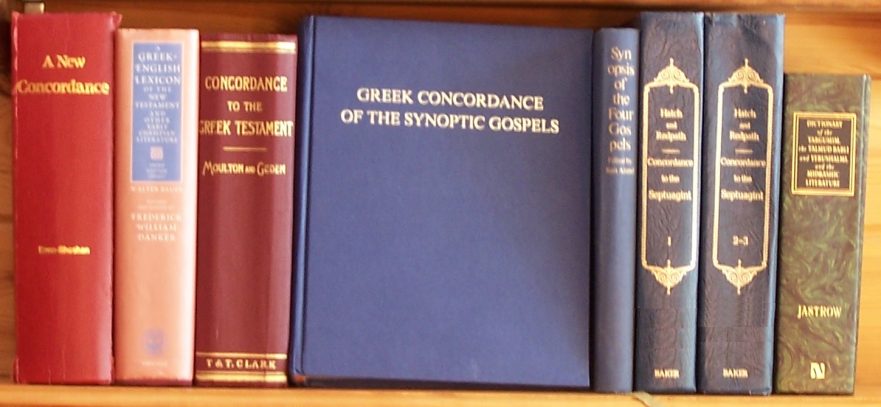
With the publication of the third and final volume of A Comparative Greek Concordance of the Synoptic Gospels, Dr. Robert Lindsey has given to the scholars who have been following his work, as well as to future scholarship, a necessary tool for the study of the synoptic Gospels.
An Introduction to Synoptic Studies
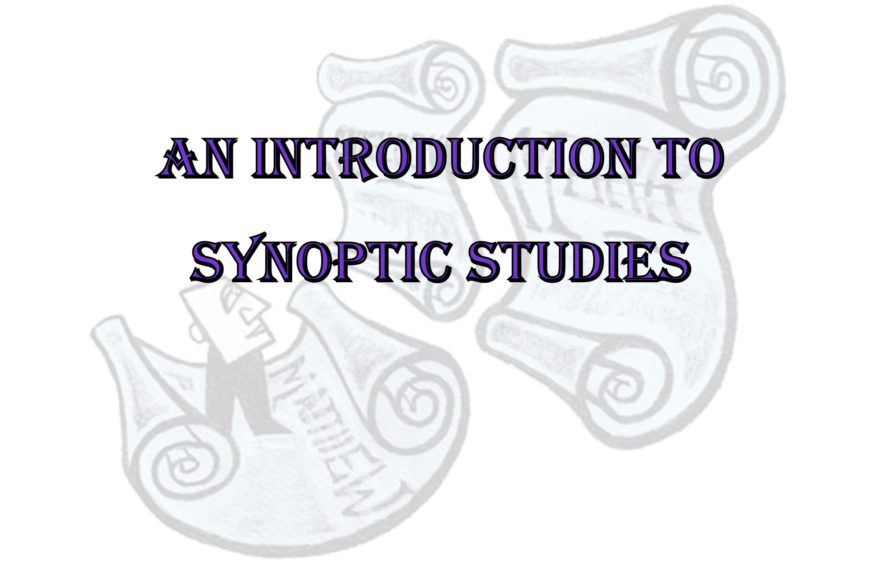
The late Dr. Robert Lindsey, pioneer translator of the Gospels into modern Hebrew, synoptic researcher and pastor of Jerusalem’s Narkis Street Congregation, resided in Israel for over forty years. His discoveries challenge many conclusions of New Testament scholarship from the past two hundred years. Lindsey created a new approach to the study of the Synoptic Gospels. Here, Lindsey provides an introduction to the field of synoptic studies and the “Synoptic Problem.”

